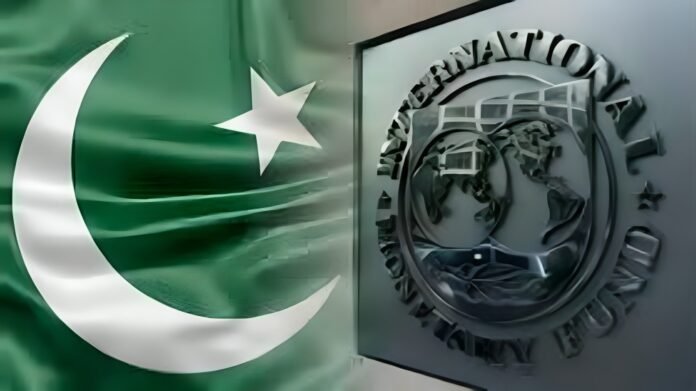Insiders say that the IMF Executive Board has not yet included Pakistan’s case in its agenda. The board will review submissions from other three countries such as Vietnam between 28th and 30th of August. Implying that the approval process for Pakistan’s new loan program will be postponed to next month.
Primary Reasons for IMF
The major reason advanced by reports is the late non-renewal of $12 billion in loans by friendly nations of Pakistan. This condition was imposed by the IMF stipulating that it must secure external financing assurances before the board meeting. As at now, Saudi Arabia alone holds deposits worth $5 billion while China has $4 billion and UAE $3 billion. But none of these have been rolled over yet.
Government Moves towards Financing IMF
Pakistani authorities are actively pursuing such tripartite deposit rollovers as well as commercial loans refinancing. It is important because during this fiscal year, including commercial loans. Pakistan must service a total amount of 26.4 billion dollars’ worth of external debt obligations.
Financial Challenges Going Forward
Additional pressure will be exerted on an already strained Pakistani financial situation due to the delay in the IMFs approving its loan program. The government’s struggle to secure external financing may have broader implications for the country’s economic stability. If they do not achieve the necessary rollovers and assurances soon, it will be even harder for them to meet their financial responsibilities and stabilize the economy.
This reveals how finely balanced Pakistan must be between getting outside finance and meeting severe IMF conditions. Given this background scenario, any further delays in approving this loan are likely to heighten economic uncertainty, making it essential for the government to speed up its efforts to secure vital financial commitments early enough.


